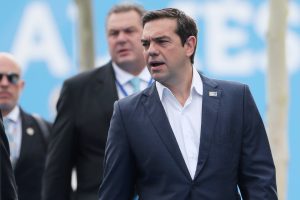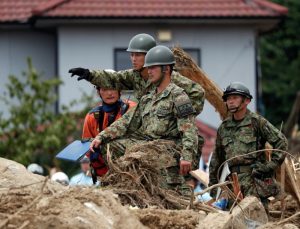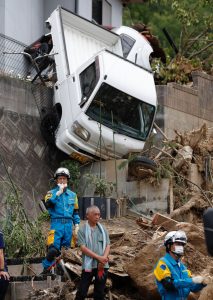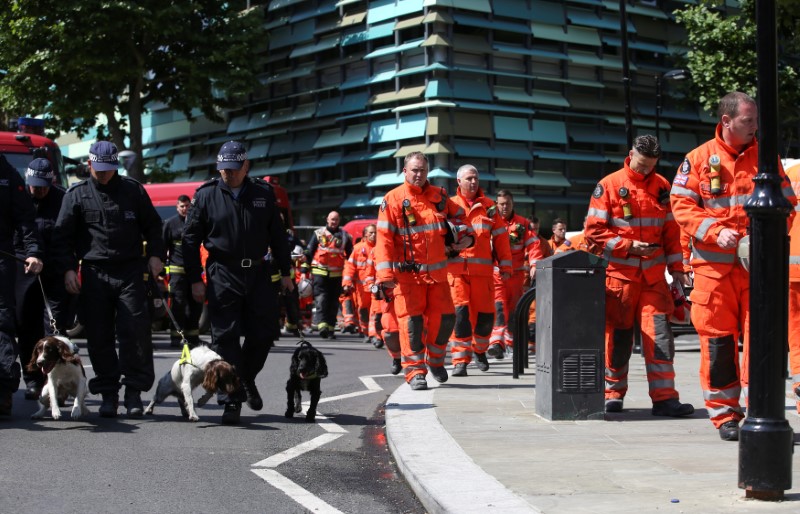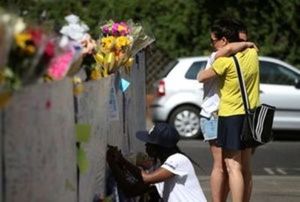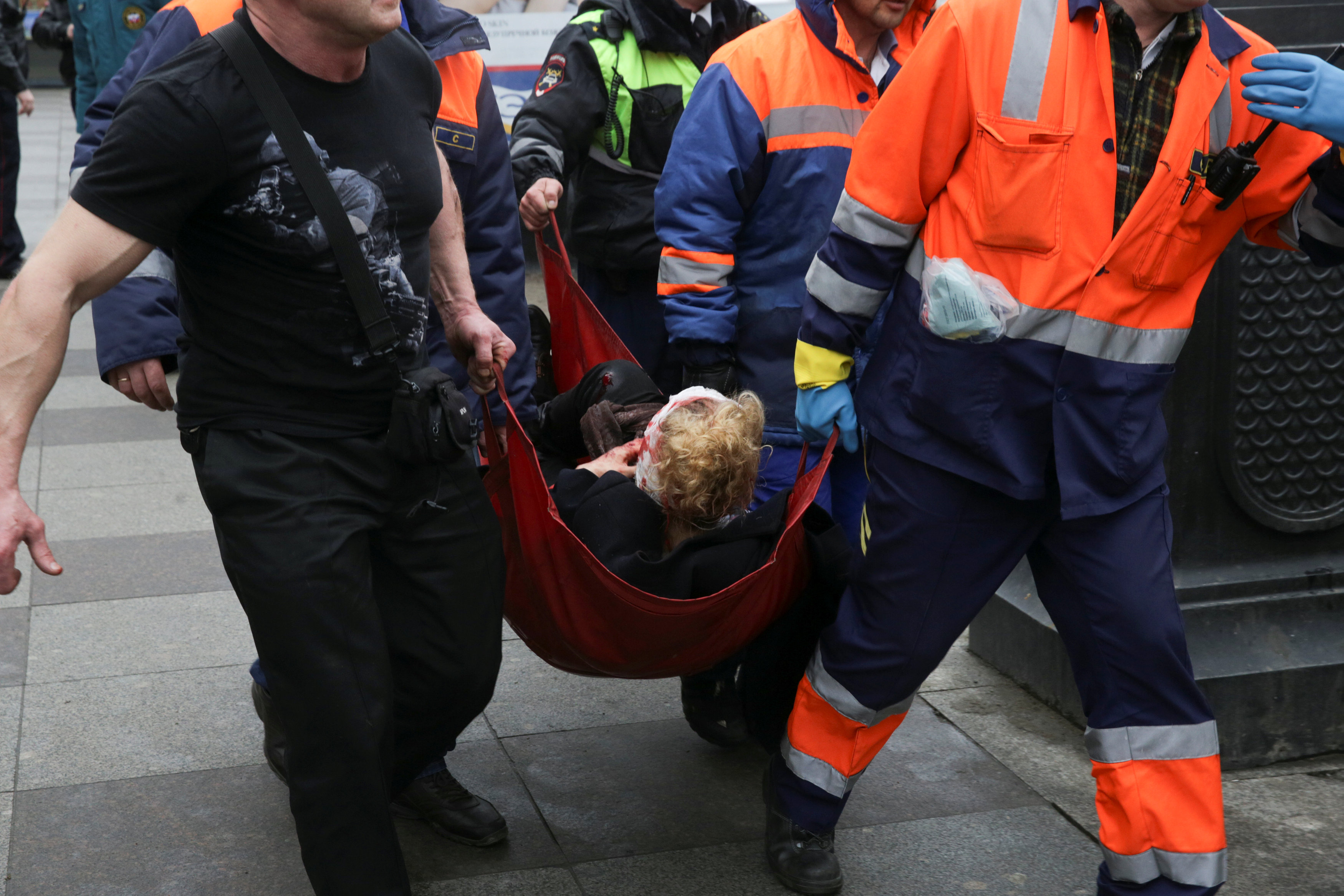
By Tom Perry and Ellen Francis
BEIRUT (Reuters) – Hezbollah’s leader said on Friday that Saudi Arabia had declared war on Lebanon and his Iran-backed group, accusing Riyadh of detaining Saad al-Hariri and forcing him to resign as Lebanon’s prime minister to destabilize the country.
Hariri’s resignation has plunged Lebanon into crisis, thrusting the small Arab country back to the forefront of regional rivalry between the Sunni Muslim monarchy Saudi Arabia and Shi’ite revolutionary Islamist Iran.
Sayyed Hassan Nasrallah said Saudi Arabia’s detention of Hariri, a long-time Saudi ally who declared his resignation while in Riyadh last Saturday, was an insult to all Lebanese and he must return to Lebanon.
“Let us say things as they are: the man is detained in Saudi Arabia and forbidden until this moment from returning to Lebanon,” Nasrallah said in a televised speech.
“It is clear that Saudi Arabia and Saudi officials have declared war on Lebanon and on Hezbollah in Lebanon,” he said. His comments mirror an accusation by Riyadh on Monday that Lebanon and Hezbollah had declared war on the conservative Gulf Arab kingdom.
Riyadh says Hariri is a free man and he decided to resign because Hezbollah was calling the shots in his government. Saudi Arabia considers Hezbollah to be its enemy in conflicts across the Middle East, including Syria and Yemen.
Western countries have looked on with alarm at the rising regional tension.
U.S. Secretary of State Rex Tillerson warned other countries and groups against using Lebanon as vehicle for a larger proxy fight in the Middle East, saying Washington strongly backed Lebanon’s independence and respected Hariri as a strong partner of the United States, referring to him as prime minister.
“There is no legitimate place or role in Lebanon for any foreign forces, militias or armed elements other than the legitimate security forces of the Lebanese state,” Tillerson said in a statement released by the U.S. State Department.
The French foreign ministry said it wanted Hariri to be fully able to play what it called his essential role in Lebanon.
Hariri has made no public remarks since announcing his resignation in a speech televised from Saudi Arabia, saying he feared assassination and accusing Iran and Hezbollah of sowing strife in the Arab world.
Two top Lebanese government officials, a senior politician close to Hariri and a fourth source told Reuters on Thursday that the Lebanese authorities believe Hariri is being held in Saudi Arabia.
Nasrallah said Saudi Arabia was encouraging Israel to attack Lebanon. While an Israeli attack could not be ruled out entirely, he said, it was unlikely partly because Israel knew it would pay a very high price. “I warn them against any miscalculation or any step to exploit the situation,” he said.
“Saudi will fail in Lebanon as it has failed on all fronts,” Nasrallah said.
Riyadh has advised Saudi citizens not to travel to Lebanon, or if already there to leave as soon as possible. Other Gulf states have also issued travel warnings. Those steps have raised concern that Riyadh could take measures against the tiny Arab state, which hosts 1.5 million Syrian refugees.
AOUN TELLS SAUDI ENVOY HARIRI MUST RETURN
Hariri’s resignation unraveled a political deal among rival factions that made him prime minister and President Michel Aoun, a political ally of Hezbollah, head of state last year.
The coalition government included Hezbollah, a heavily armed military and political organization.
Hariri’s resignation is being widely seen as part of a Saudi attempt to counter Iran as its influence deepens in Syria and Iraq and as Riyadh and its allies battle Iranian-allied Houthi rebels in Yemen.
Aoun told Saudi Arabia’s envoy on Friday that Hariri must return to Lebanon and the circumstances surrounding his resignation as prime minister while in Saudi Arabia were unacceptable, presidential sources said.
An “international support group” of countries concerned about Lebanon, which includes the United States, Russia and France, appealed for Lebanon “to continue to be shielded from tensions in the region”. In a statement, they also welcomed Aoun’s call for Hariri to return.
In the first direct Western comment on Hariri’s status, France and Germany both said on Friday they did not believe Hariri was being held against his will.
“Our concern is the stability of Lebanon and that a political solution can be put in place rapidly,” French Foreign Minister Jean-Yves Le Drian told Europe 1 radio.
“As far as we know, yes: we think (Hariri) is free of his movements and it’s important he makes his own choices,” he said.
Tillerson told reporters on Friday there was no indication that Hariri was being held in Saudi Arabia against his will but that the United States was monitoring the situation.
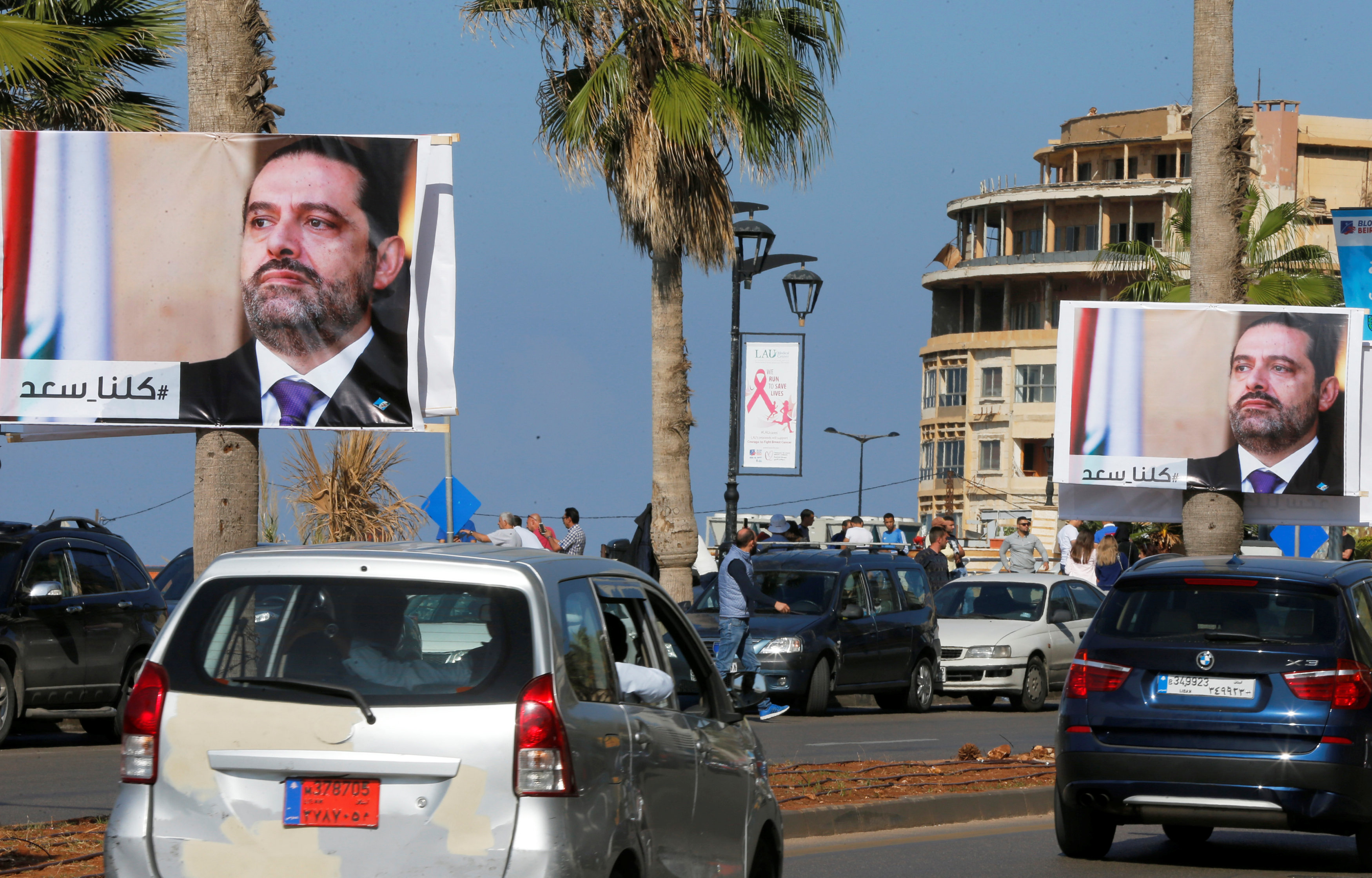
Posters depicting Lebanon’s Prime Minister Saad al-Hariri, who has resigned from his post, are seen in Beirut, Lebanon, November 10, 2017. REUTERS/Mohamed Azakir
STUCK BETWEEN ANTAGONISTIC INTERESTS
On Thursday, Hariri’s Future Movement political party said his return home was necessary to uphold the Lebanese system, describing him as prime minister and a national leader.
Aoun has refused to accept the resignation until Hariri returns to Lebanon to deliver it to him in person and explain his reasons.
Top Druze politician Walid Jumblatt said it was time Hariri came back after a week of absence “be it forced or voluntary”.
Jumblatt said on Twitter there was no alternative to Hariri.
In comments to Reuters, Jumblatt said Lebanon did not deserve to be accused of declaring war on Saudi Arabia. “For decades we’ve been friends,” he said.
“We are a country that is squeezed between two antagonistic interests, between Saudi Arabia and Iran,” he said. “The majority of Lebanese are just paying the price … Lebanon can not afford to declare a war against anybody.”
The Saudi foreign minister accused Hezbollah of a role in the launching of a ballistic missile at Riyadh from Yemen on Saturday. Saudi Arabia’s Crown Prince Mohammed bin Salman said Iran’s supply of rockets to militias in Yemen was an act of “direct military aggression” that could be an act of war.
Nasrallah mocked the Saudi accusation that Iran and Hezbollah were behind the firing of the missile from Yemen, saying Yemenis were capable of building their own missiles.
(Reporting by Dominiqu Vidalon and John Irish in Paris, Sarah Dadouch, Lisa Barrington, Laila Bassam and Tom Perry in Beirut; Writing by Tom Perry; Editing by Peter Graff)



